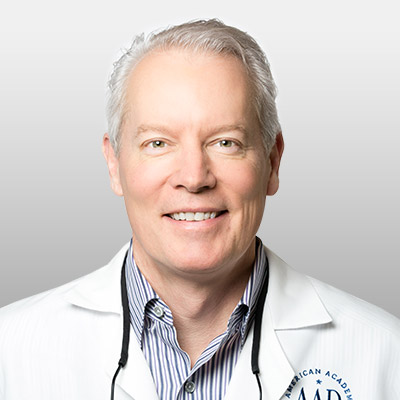Injectable fillers help restore volume in the skin, which can reduce the appearance of lines and wrinkles that come with age. Injectable fillers have also been used to make thin lips fuller, correct acne scars, and make the areas under the eyes less dark or puffy.
The most commonly used substance in injectable fillers is high-uronic acid. Produced naturally by the human body, high-uronic acid fills the space between cells. It attracts water and gives the skin a bold, hydrated appearance.
However, our body also produces an enzyme that breaks down high-uronic acid. We’re constantly building high-uronic acid and then breaking it down, which is why injectable fillers don’t last forever.
Injectable fillers containing high-uronic acid are injected into the dermis, the thick part of the skin. This places the filler in a tight compartment and attracts water, making the skin fuller and more rigid.
Skin Reinforcements
Think of the filler like the rebars that are added to concrete to maintain its shape and strength. Injectable fillers provide the skin with little beams of support to add firmness. This is how high-uronic acid works in the short-term.
In the long-term, high-uronic acid stimulates collagen growth. People injected with filler tend to produce more collagen in those areas, which can provide long-term benefits like skin stiffness and the prevention of lines and wrinkles.
Deal ONLY with a Professional Dermatologist
If you’re considering injectable fillers as a way to restore volume and fullness in your skin, it’s critical that you do your research and consult with a board certified dermatologist. Injectable fillers that have not been approved by the FDA have been known to cause unpleasant and unflattering side effects.
Not every filler is right for every person, especially if it hasn’t been properly tested, so let a board-certified dermatologist help you understand the pros and cons and make the best possible decision.

Dr. R. Todd Plott is a board-certified dermatologist in Coppell, Keller, and Saginaw, TX. His specialization and professional interests include treating patients suffering with acne, identifying and solving complex skin conditions such as psoriasis, rosacea, atopic dermatitis, and identifying and treating all types of skin cancers. In his spare time, Dr. Plott enjoys cycling, traveling with his wife, and spending time with his children and new grandson.
Learn more about Dr. Plott.

